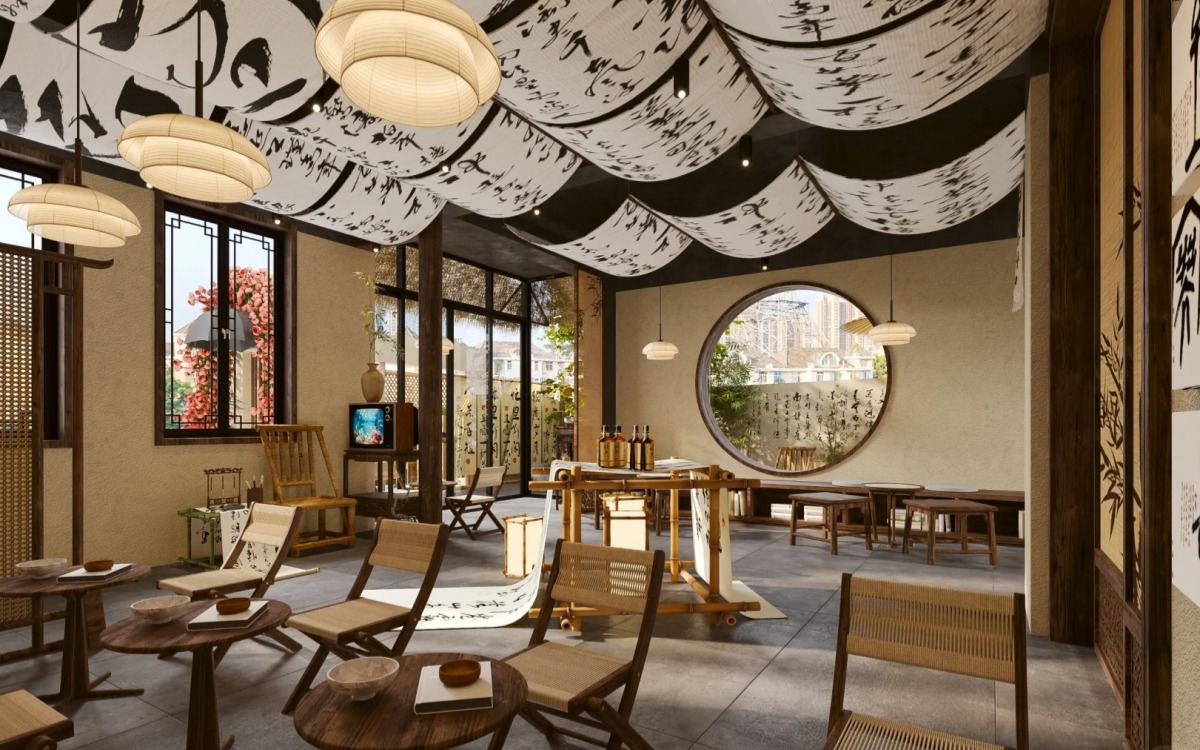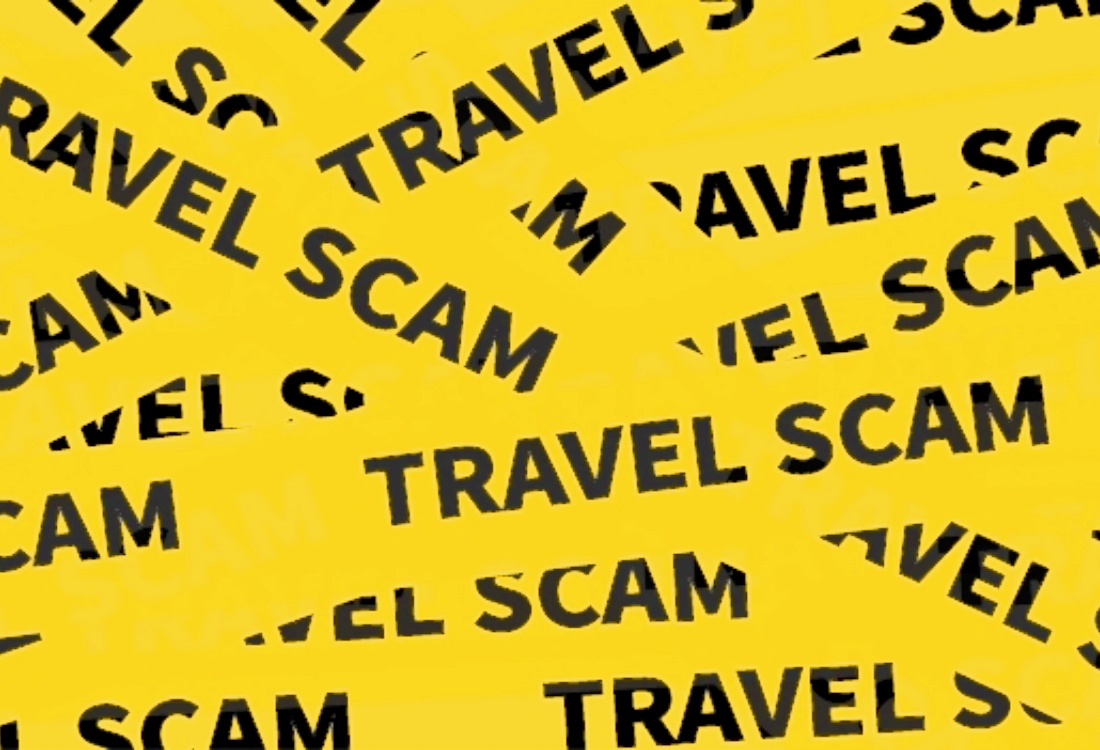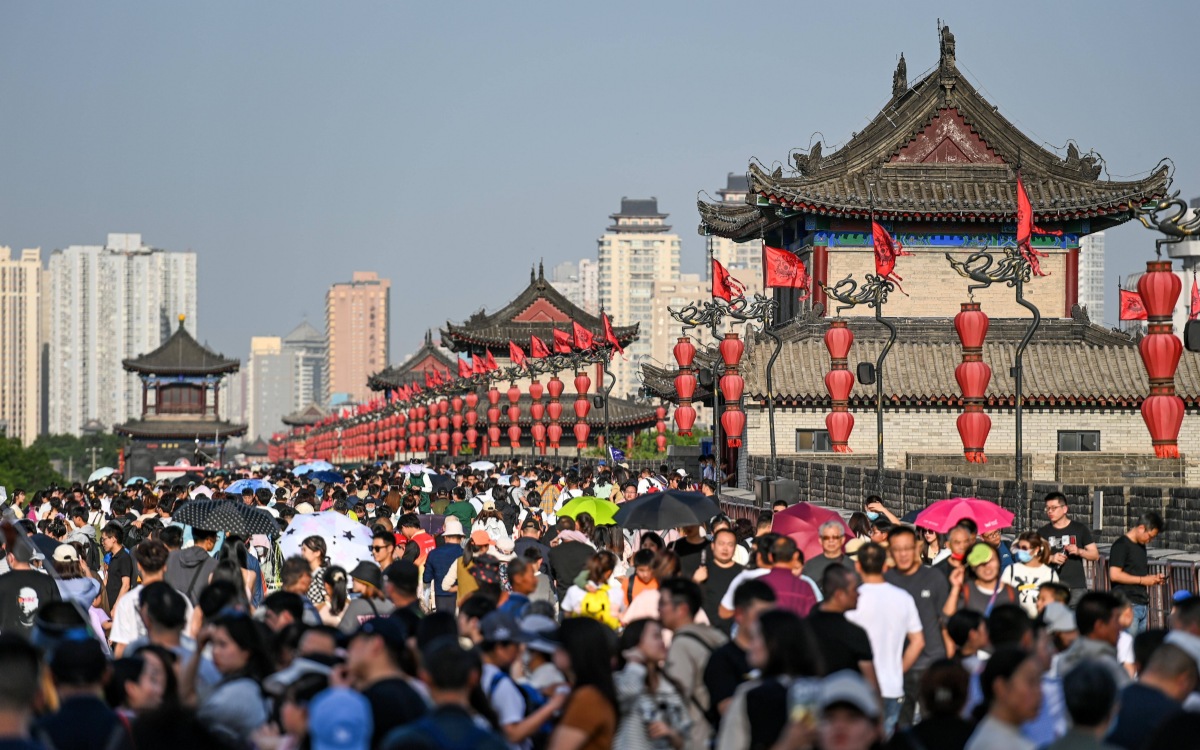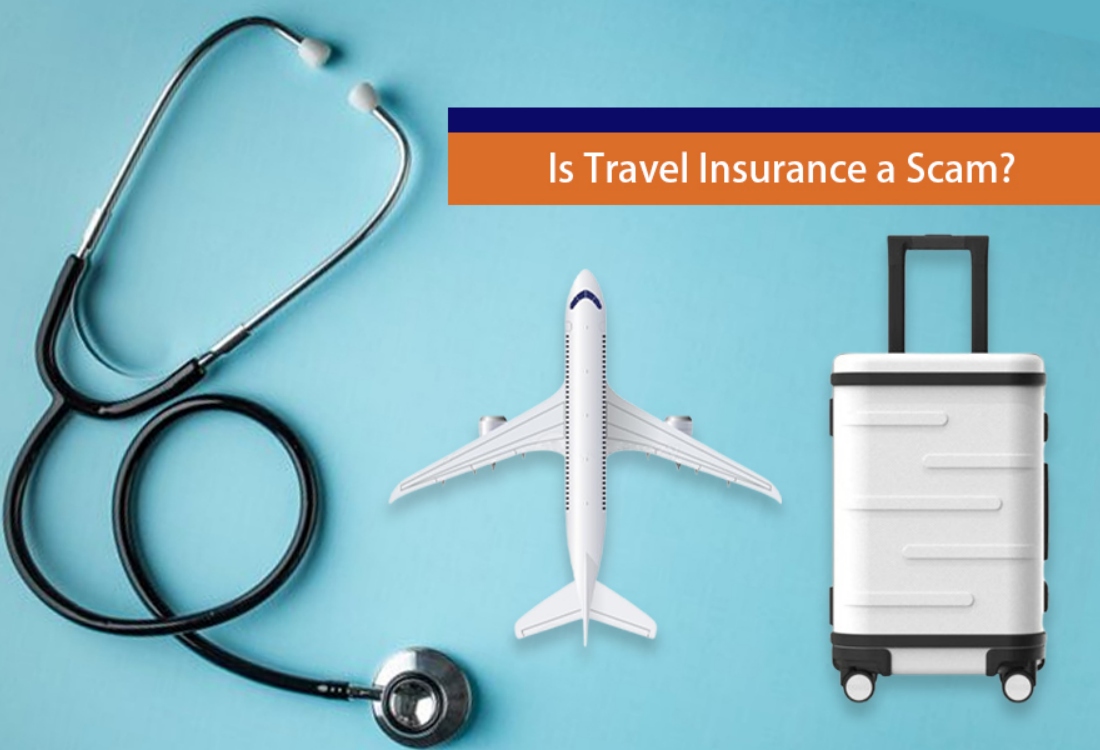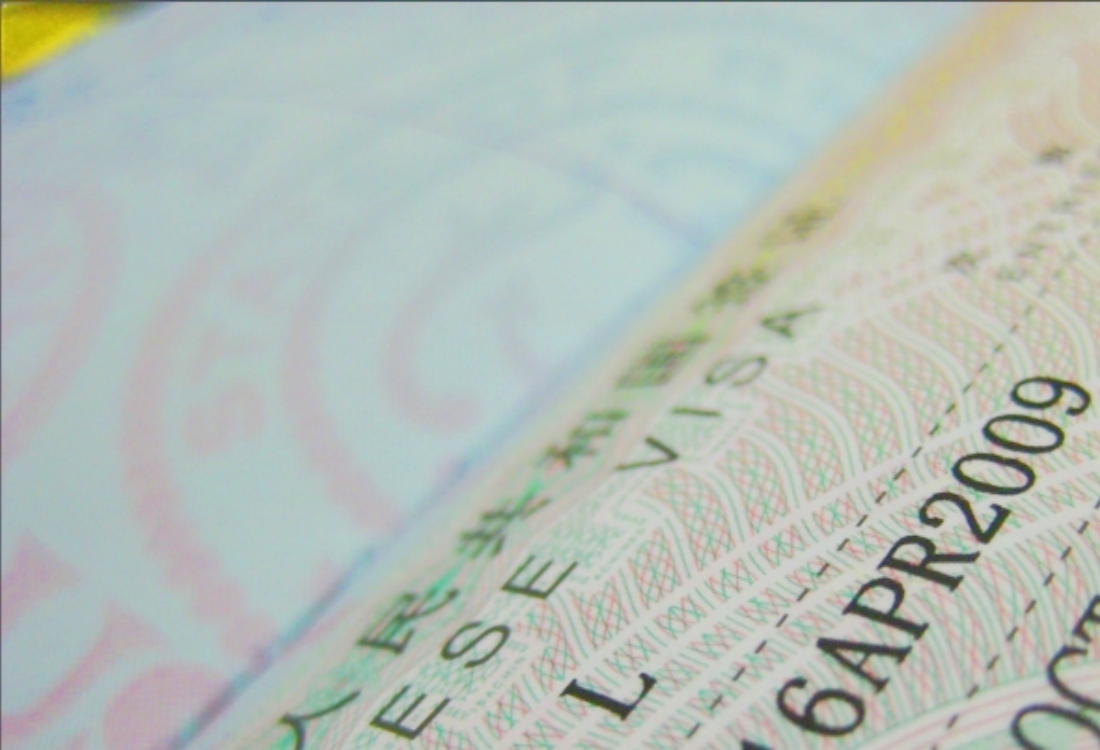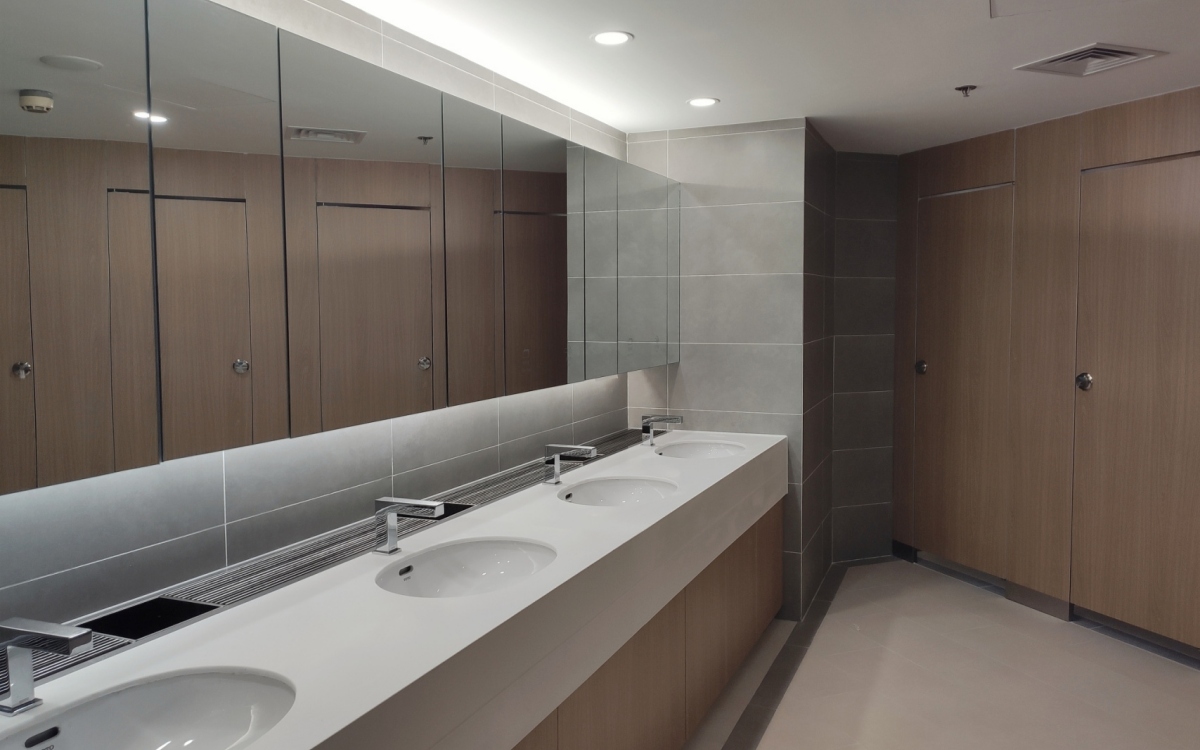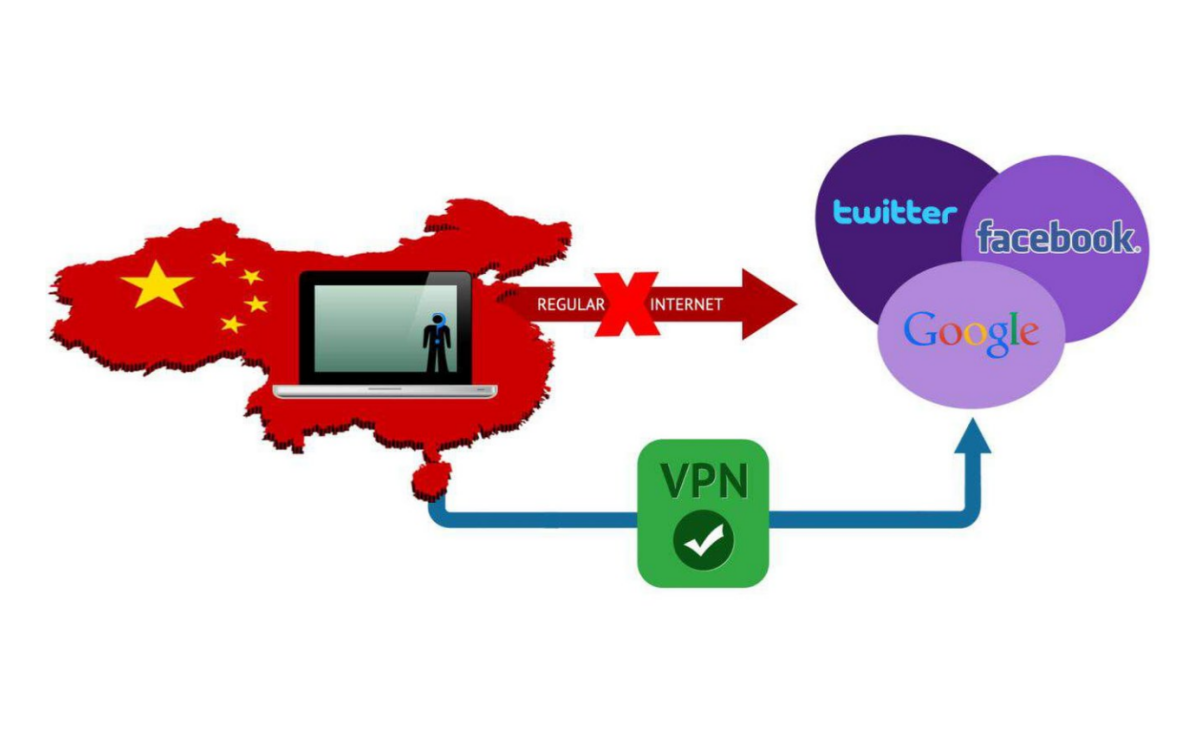Table of Contents
ToggleChina is a fascinating destination. From ancient landmarks to lively cities, it offers a wide range of experiences. However, travelers should be aware of common scams, especially in popular tourist areas. One of the most frequent tricks is the teahouse scam. This guide will help you recognize, avoid, and respond to such scams during your trip.
What Is a Teahouse Scam?
The teahouse scam is a type of tourist trap. It usually happens in major cities like Beijing, Shanghai, or Xi’an. In this scam, friendly strangers approach travelers. They might say they are students, art lovers, or simply curious locals. After a brief conversation, they invite you to join them for tea or a cultural experience.
At first, the situation feels safe. The people are polite and speak good English. You might think you are making new friends. But once inside the teahouse, the tone changes. After enjoying tea, the staff brings a highly inflated bill. The scammers pressure you to pay. If you resist, they may block the exit or call someone who acts like a manager or even a police officer.
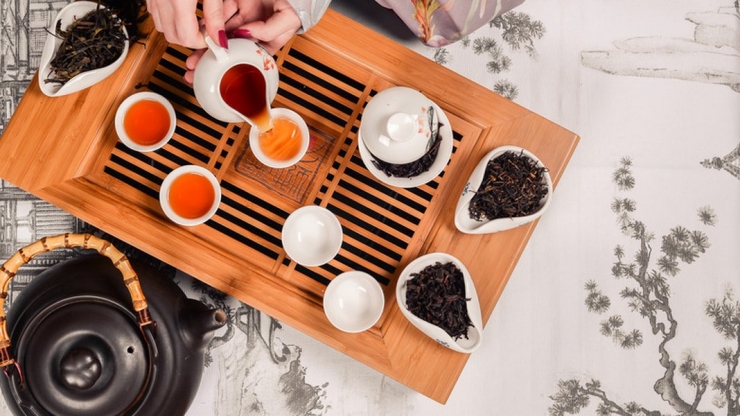
Common Signs of a Teahouse Scam
Recognizing the scam is the best way to avoid it. Here are typical red flags:
| Sign | Details |
|---|---|
| Unexpected Approach | Young people start casual conversation near tourist sites |
| Cultural Invitation | They invite you to a teahouse, art gallery, or traditional show |
| Pushing for a Nearby Spot | They insist the place is “just around the corner” or “very famous” |
| No Menu or Prices | No clear list of items or costs once inside the teahouse |
| High Bill Afterward | The bill is shocking and does not match what you ordered |
| Uncomfortable Pressure | They become pushy or even threatening when you question the amount |

13 Days China Top City Tour : Beijing Xian Zhangjiajie Guilin Shanghai
Where Teahouse Scams Are Common
You are more likely to encounter this scam in areas with many tourists. These include:
Always be cautious in busy areas. Scammers know where tourists gather.

13 Days China Top City Tour : Beijing Xian Zhangjiajie Guilin Shanghai

How to Avoid the Scam
There are several simple steps you can follow to protect yourself:
-
Stay Polite but Firm
If someone starts talking to you and invites you somewhere, smile and say no. Walk away without further discussion. -
Avoid Unplanned Invitations
Never follow strangers to teahouses, restaurants, or galleries, especially when they seem eager. -
Stick to Well-Known Spots
Choose places recommended by travel guides, locals you trust, or hotel staff. -
Check for Menus and Prices
Always ask to see a menu with clear prices before ordering anything. -
Travel in Groups When Possible
Scammers often target solo travelers. Moving with others makes you less of a target.
What to Do If You Are Targeted
Sometimes, even careful travelers fall into the trap. If this happens, stay calm and try the following steps:
| Step | Action |
|---|---|
| Stay Calm | Don’t show fear or anger. Stay composed. |
| Ask for a Police Receipt | Ask for an official receipt (“fapiao”). This may scare the scammers. |
| Say You Will Call the Police | Firmly say you want to call the local police. Use your phone if needed. |
| Refuse to Pay More | Offer to pay a reasonable amount. Do not hand over your credit card. |
| Leave Quickly and Safely | If you feel threatened, try to exit quickly and go to a public area. |
In some cases, you can report the incident to local tourism authorities or your embassy.

Final Tips for Safe Travel in China
-
Learn Basic Chinese Phrases: Phrases like “No, thank you” (不要,谢谢 – Bù yào, xièxiè) can help.
-
Use Trusted Apps: Maps, translation tools, and review apps like Dianping can be helpful.
-
Be Aware, Not Afraid: Scams happen, but most people in China are kind and helpful. Don’t let a few bad actors spoil your trip.
Summary Table: Do’s and Don’ts
| Do | Don’t |
|---|---|
| Stay alert in tourist areas | Follow strangers to unknown locations |
| Trust your instincts | Assume every friendly stranger is safe |
| Ask for prices before ordering | Order anything without seeing the price |
| Walk away from pressure | Feel obligated to stay or be polite |
| Report scams if they occur | Stay silent if you were scammed |
Frequently Asked Questions
Is it always a scam if someone talks to me in tourist areas?
Not necessarily, but be cautious. Scammers often act friendly and confident. If they push for tea or a cultural event, it’s safer to say no.
Can I safely visit a teahouse in China?
Yes, but choose trusted and well-known teahouses. Visit ones recommended by your hotel, a tour guide, or review platforms. Always ask for a menu and check prices before ordering.
Are solo travelers more at risk?
Yes. Scammers often target solo tourists. Try to travel in groups, especially in crowded areas. This makes you less vulnerable.

